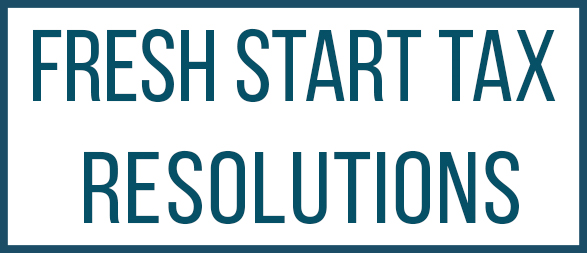
In the realm of taxation, understanding the fine line between earned and unearned income is not just a matter of financial literacy; it’s a fundamental aspect of responsible tax management. For Greensboro, North Carolina residents, being well-versed in these distinctions can pave the way for smarter financial decisions and more efficient tax planning. In this comprehensive guide, we’ll delve into the intricacies of earned and unearned income, explore their tax implications, and shed light on their significance for retirement savings strategies.
Answering The Question: How To Go About Determining Income Type Earned And Unearned
Navigating Earned and Unearned Income
Earned Income:
Earned income encompasses the fruits of your labor – the compensation you receive in exchange for the work you perform. Whether it’s wages from your job, professional fees, or tips earned in the service industry, all fall under the umbrella of earned income. Additionally, reimbursements for work-related expenses, such as travel costs and accommodations, are considered part of your earned income. Even true alimony payments and certain foreign income or earnings from real estate holdings can be classified as earned income.
Unearned Income:
On the other hand, unearned income represents the earnings derived without direct labor or services. This category encompasses various sources, including interest accrued on savings accounts, dividends from investments, and capital gains realized from the sale of assets. Unearned income also extends to retirement account distributions, annuities, unemployment compensation, Social Security benefits, and even gambling winnings. It’s a diverse spectrum that includes income from estates, trusts, or partnerships, further expanding the definition of unearned income.
Unraveling the Tax Implications
Earned Income Taxes:
When it comes to taxes, earned income is subject to a dual taxation system comprising payroll taxes and federal/state income taxes. Payroll taxes, which include Social Security and Medicare taxes, are deducted from your paycheck by your employer. The Social Security tax has an earnings cap set annually, while Medicare taxes apply to all earned income without a cap. Federal and state income taxes are also levied on earned income, with varying rates depending on your income level and filing status.
Unearned Income Taxes:
Unearned income, however, follows a different taxation trajectory. While it’s exempt from payroll taxes like Social Security and Medicare, unearned income is factored into your adjusted gross income (AGI) for federal and state tax purposes. This means that although you don’t pay payroll taxes on unearned income, it can influence your overall tax liability. Depending on the source and nature of your unearned income, you may be subject to different tax rates, with certain types of investment income taxed at lower rates, such as long-term capital gains and qualified dividends.
Crafting a Retirement Savings Blueprint
Leveraging Unearned Income:
The distinction between earned and unearned income holds particular significance for retirement planning. Unearned income, being exempt from payroll taxes, presents an opportunity to accumulate wealth more efficiently for retirement. Contributions to retirement accounts, such as pre-tax salary deferrals to a 401(k) or traditional IRA, generate unearned income that is shielded from immediate taxation, allowing you to maximize your savings potential.
Diversification Strategies:
Diversifying your retirement savings across different account types, such as Roth IRAs and traditional 401(k)s, can offer added flexibility and tax advantages. Roth IRA contributions, funded with after-tax dollars, offer tax-free withdrawals in retirement, providing a valuable source of tax-free income. Meanwhile, contributions to traditional 401(k)s, made with pre-tax dollars, reduce your current tax liabilities, allowing you to benefit from tax deferral until retirement.
Expert Guidance for Greensboro Residents
Navigating the complexities of income types and their tax implications can be daunting, but you don’t have to go it alone. At Fresh Start Tax Resolution, we specialize in providing personalized tax services tailored to the unique needs of Greensboro residents. Whether you’re seeking clarification on income classification, assistance with tax planning, or guidance on retirement savings strategies, our experienced professionals are here to help.
Contact Fresh Start Tax Resolution today for personal tax services in Greensboro, North Carolina
Don’t let uncertainty about income types and tax obligations stand in the way of your financial success. Contact Fresh Start Tax Resolution today to schedule a consultation and take the first step towards achieving tax compliance and peace of mind. Our dedicated team is committed to empowering Greensboro residents with the knowledge and expertise needed to navigate the complexities of taxation and plan for a secure financial future.
Ready to take control of your tax situation and embark on the path to financial freedom? Don’t wait any longer – reach out to Fresh Start Tax Resolution today. Our team of tax experts is standing by to provide the personalized guidance and support you need to achieve your financial goals. Contact us now and let us help you chart a course towards a brighter tomorrow.

